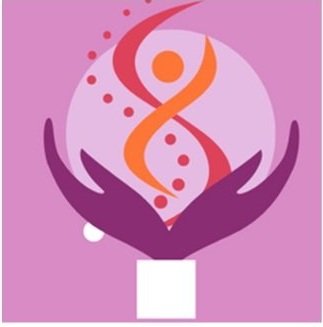Allyship in Residency
This article describes the development of a 1-hour workshop aimed at helping residents understand the definition of allyship, effective allyship to patients and colleagues, and allyship differences across communities.
VITALS tool for interupting microaggressions
This article describes the development of a 1-hour workshop designed to raise awareness of microaggressions encountered by medical students and trainees. It includes a focus on the use of the VITALS (validate, inquire, take time, assume, leave opportunities, speak up) framework when responding to microaggressions.
ERASE-ing Patient Mistreatment of Trainees: Faculty Workshop
This article describes the development, teaching and evaluation of a stepwise approach to help faculty physicians manage patient mistreatment of trainees (residents and students). The approach is summarized by the acronym ERASE.
REWIND Communication Tool
This article describes the development of a 1-hour workshop for residents with didactics on mistreatment in the medical learning environment. It includes a demonstration of the use of the REWIND (relax, express, why, inquire, negotiate, determine) communication tool to address mistreatment in residency.
COMPASS Program
COMPASS stands for “Colleagues Meeting to Promote and Sustain Satisfaction.” Initiated by Professor of Medicine Colin West, COMPASS groups are small gatherings of about six to 10 physicians who meet every other week for an hour to discuss issues central to the physician experience.
Forum Theater as a Teaching Tool to Combat Patient Bias
This article presents an educational activity that used an adaptation of forum theater, in which participants role-played an instance of oppression with a goal of altering the ultimate outcome. It provided them with the opportunity to develop and rehearse responses to workplace bias from patients and patient families in a way that preserved the provider-patient relationship.
Medical Orchestra
This narrative explores the founding of the Nebraska Medical Orchestra – an orchestra created as a nontraditional antidote to reduce stress and burnout among health care students and professionals – and also examines the concept of wellness through interactions between the orchestra’s director and health care-related musicians.
Reflective Debriefing
A protocol for regular case study/moral distress debriefings with ICU nursing staff, including an educational component in moral distress, moral efficacy, and common end-of-life issues on the ICU (social work intervention)
Meaning-Centered Psychotherapy (MCP)
This article promotes the use Meaning-Centered Psychotherapy (MCP) (a brief, evidence-based intervention designed for patients with advanced cancer); it describes the principles underlying MCP and how it might be adapted and applied to ameliorate burnout among health care workers
Trauma Risk Management (TRiM)
A structured peer-support process/system of risk assessment and post trauma support aimed to reduce stigma associated with help seeking; it relies on training volunteer nonmedical staff from within the organization to be TriM practitioners.
Beyond Silence Champion Training
An evidence-based workplace mental health training course designed specifically for healthcare workers and led by trained healthcare employees with mental health experience. It combines information sharing and skill development with strategies for stigma reduction.
Stay Interview
Stay interviews are opportunities for managers and employees to talk about what motivates an employee to stay in their role. Ultimately, the goal is to gain insight into how to keep that individual professionally fulfilled and engaged.
Plan of Care Visits
The formalized plan of care visits ensure the bedside nurse, primary medical team physician/advanced care provider, patient and a parent or legal guardian are involved with and actively engaged for medical rounds.














